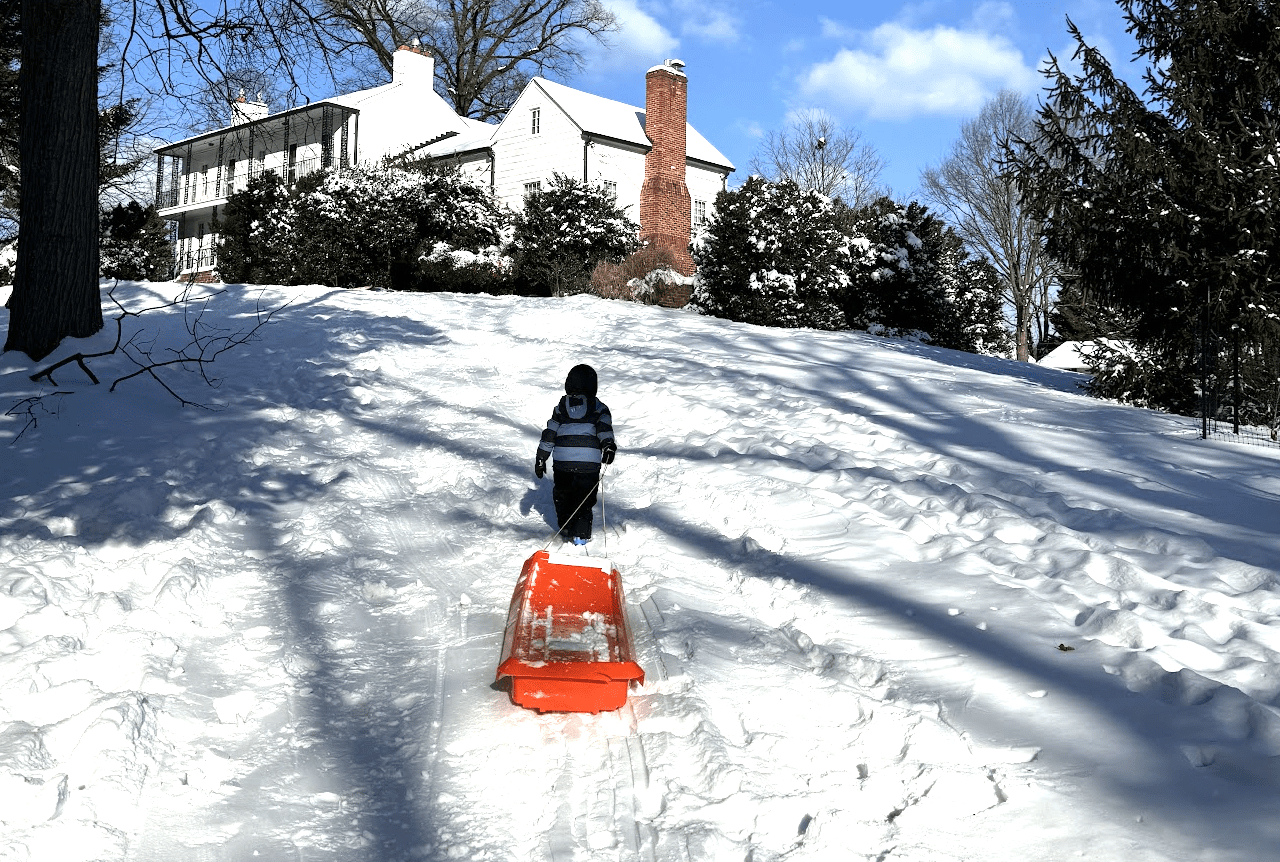Regulating in a World On Fire
Episode 98: Spotify | Apple Podcasts | YouTube
View transcript on Buzzsprout
This episode tackles the emotional weight of being human in a time of global crises—wildfires, conflict, natural disaster, and more. Amanda shares why our ancient nervous systems struggle with the modern avalanche of bad news, and offers a nervous‑system‑informed toolkit for staying present, engaged, and whole when the world around us feels overwhelming.
What We Cover in This Episode
- The mismatch between ancestral biology and modern life
- Why continuous news exposure overloads the nervous system
- Practical strategies for managing activation without shutting down
- Intentional “oscillation” between engagement and rest
- Ways to contribute meaningfully without spiraling
Why Modern Life Overloads Ancient Systems
Our nervous systems evolved to respond to immediate, local threats—not constant global crises. The flood of information we consume every day can trigger ongoing threat responses, leaving us chronically activated. Rather than a failure of resilience, feeling overwhelmed becomes a natural reaction to too much data.
How to Engage Without Drowning:
1. Pause to Notice Small Wins
Moments when you choose rest, play, or connection instead of perfectionism—like Amanda letting go of a podcast deadline for sledding—are signs of growth, not avoidance.
2. Name Your Sphere of Influence
If you’re consuming upsetting news, follow it by taking some action—even small: checking on someone, donating, becoming informed. Without action, the stress response lingers unresolved.
3. Limit News Intake
Set specific times to check in—prefer reliable sources, not sensational headlines. Too much exposure without context can keep your nervous system in constant activation.
4. Lean Into Connection
Isolation worsens despair. Speak with someone. Join a support space. Collective processing nourishes regulation.
5. Use Conscious Oscillation
Alternate between engagement with hard realities and restful, joyful moments. This mindful movement between activation and calm rebuilds resilience.
Your nervous system is ancient; the modern world is not. Awareness of this mismatch allows for more kind, intentional choices—when to engage, when to rest, and how to carry purpose without collapse. In the face of global suffering, carving space for joy is not denial—it’s biologically necessary.
Three Tangible Takeaways
- Our nervous systems were built for local, immediate threats—not nonstop streaming catastrophes. Setting boundaries isn’t avoidance—it’s survival.
- Balance awareness with rest: limit news exposure, take small action when needed, and prioritize experiences that bring joy.
- Oscillation between connection and rest sustains resilience. Facing the world’s pain without respite lowers capacity, while joy replenishes it.
Looking for more personalized support?
- Book a FREE discovery call for RESTORE, our 1:1 anxiety & depression coaching program (HSA/FSA eligible & includes comprehensive bloodwork)
- Join me inside the Regulated Living Membership, a mental health membership and nervous system healing space (sliding scale pricing available)
- Join my Release Class – Monthly guided nervous system regulation class
- Order my book, Healing Through the Vagus Nerve today!
- Download free resources here
*Want me to talk about something specific on the podcast? Let me know HERE.
Disclaimer: This article is for informational purposes only and is not a substitute for professional medical advice, diagnosis, or treatment. Always seek the advice of your physician or qualified mental health provider with any questions you may have regarding a medical condition.

Leave a Reply Cancel reply
A mental health newsletter that feels like a deep breath: simple, grounding, and here to remind you that healing is possible.
The Weekly Rewire
Navigate
Regulated Living provides neuroscience-backed mental health coaching to help you regulate your nervous system and reclaim your life from anxiety and depression.
Heal
Learn
Paragraph